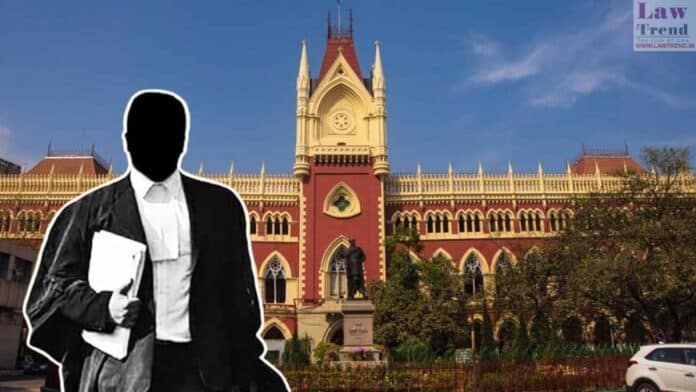The Calcutta High Court declared that lawyers cannot be forced to participate in strikes or stop work, emphasizing that their primary role is to serve the public and litigants. This ruling came while hearing a plea that questioned the authority of the Bar Council of West Bengal to call for a strike.
The controversy began after the Bar Council announced a strike scheduled for July 1, protesting against the introduction of three new law codes: the Bharatiya Nyaya Sanhita, the Bharatiya Nagarik Suraksha Sanhita, and the Bharatiya Sakshya Adhiniyam. The petitioner, Sahasrangshu Bhattacharjee, challenged the strike citing a Supreme Court ruling that questioned the legitimacy of such actions by lawyer bodies.
Saptangsu Basu, representing the Bar Council of West Bengal, requested the court’s permission to submit an affidavit opposing the challenge, arguing that the Council’s resolution was now under scrutiny.
Justice Shampa Sarkar granted the Bar Council three weeks to file their affidavit. However, she made a crucial order stating, “The resolution of the Bar Council of West Bengal shall not be treated as a mandate to abstain from work. Advocates willing to work are free to appear before courts across West Bengal. Furthermore, no coercive or disciplinary action shall be taken against advocates who choose to represent their clients during this period.”
Also Read
The judge also stipulated that any rallies organized by the Bar Council should not enforce participation but rather be framed as requests to the bar association members.




